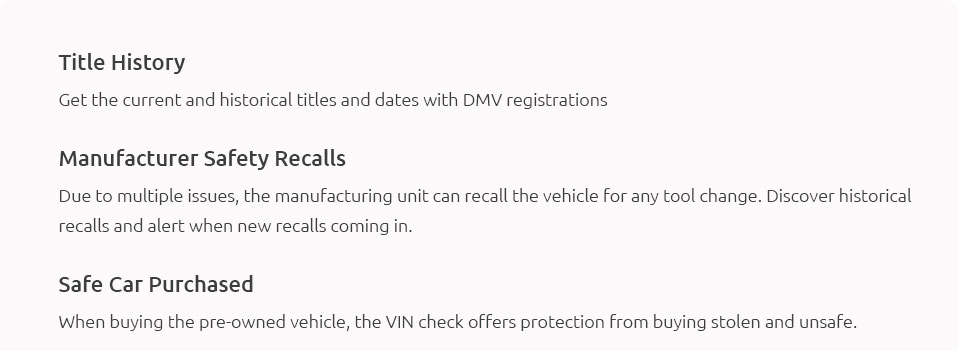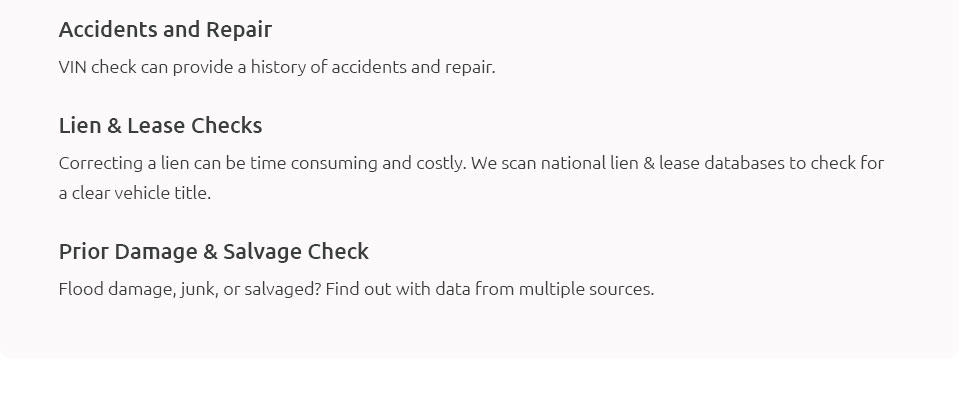 |
 |
 |
 |
 |
||
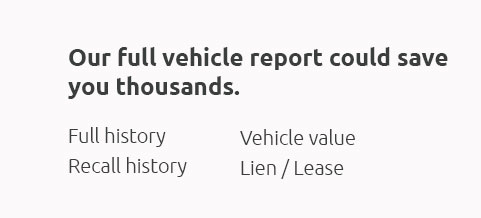 |
 |
|
 |
 |
|
 |
 |
 |
 |
||
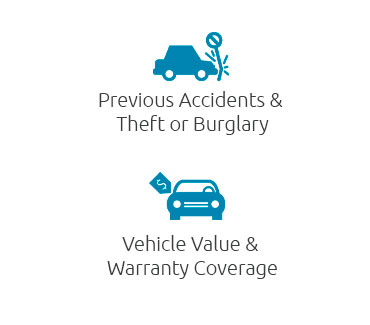 |
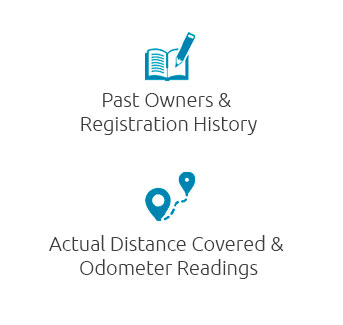 |
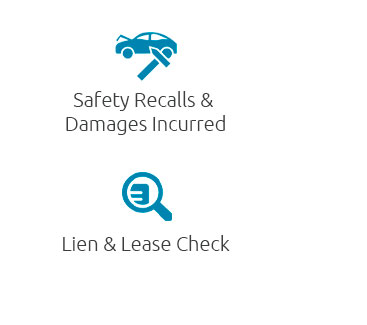 |
 |
 |
 |
||||
|
||||
 |
 |
Understanding VIN Check CT: A Comprehensive InsightIn today's fast-paced world, ensuring the authenticity and history of a vehicle before making a purchase is more crucial than ever. The Vehicle Identification Number, or VIN, serves as a unique fingerprint for every car, motorcycle, or truck. Conducting a VIN check in Connecticut, often abbreviated as 'VIN check CT', is a critical step for potential buyers seeking to safeguard their investment. The state of Connecticut, with its rich automotive history, offers various resources and services to facilitate this process, making it an intriguing region to explore when discussing VIN verification. At its core, a VIN check provides detailed information about a vehicle's past, including its manufacturing details, previous ownerships, accident history, and any potential liens. This data is indispensable for anyone looking to make an informed decision when purchasing a pre-owned vehicle. Moreover, in Connecticut, where vehicle regulations are stringent, ensuring a car's background aligns with state laws is paramount. VIN checks help prevent fraud, providing peace of mind to buyers wary of odometer rollbacks, stolen vehicles, or undisclosed damage. While many might wonder about the best methods to conduct a VIN check, numerous online platforms simplify this task. For instance, those specifically interested in the luxury car market might find services like range rover vin number lookup particularly beneficial. Such specialized tools not only cater to specific brands but also offer tailored insights that general platforms might overlook. Beyond brand-specific checks, understanding the broader scope of vehicle verification is equally important. For instance, when dealing with license plates, services like how can i run a tag number provide additional layers of security by cross-referencing plate numbers with VIN data. This dual approach ensures that both the vehicle's identity and its registration details are consistent and legitimate. In conclusion, conducting a VIN check in Connecticut is not just about adhering to regulatory requirements but also about embracing a mindset of informed purchasing. As vehicle histories become more transparent, the emphasis on such checks will only grow stronger. While the digital landscape offers a plethora of resources to aid this process, it's the responsibility of the buyer to leverage these tools effectively. In doing so, one not only protects their financial interests but also contributes to a more transparent and ethical automotive market. https://portal.ct.gov/-/media/dmv/20/29/ae81pdf.pdf
STATE OF CONNECTICUT. DEPARTMENT OF MOTOR VEHICLES. EMISSIONS DIVISION ROOM 115A. 60 STATE STREET. WETHERSFIELD, CT 06161-5510. (860) 263-5333 or (860) 263-5611. https://www.reddit.com/r/Connecticut/comments/10j2fma/vin_verification_just_moved_to_ct/
A Vin verification is quick and easy. A tech at a garage/emissions location can do it. It's 10$ cash. They just look at the Vin number on two places on your ... https://goodcar.com/vin-check/connecticut
Run a Free Connecticut VIN Lookup at GoodCar. A complete VIN check in CT gets a full vehicle history report on accidents, recalls, odometer and more .
|

